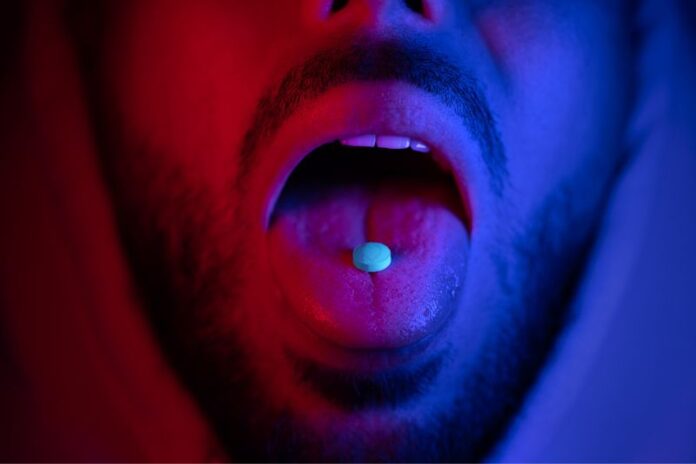By this time the soma had begun to work. Eyes shone, cheeks were flushed, the inner light of universal benevolence broke out on every face in happy, friendly smiles.
—“Brave New World,” Aldous Huxley (1932)
“’Isn’t it amazing?’ she said. ‘It’s what everyone says about this damn drug, that it makes people feel love.’”
— Harriet de Wit, quoted in “How a dose of MDMA transformed a white supremacist,” by Rachel Nuwer, BBC (June 14, 2023)
Some things don’t change, as they say. So it is with attempts to alter human behavior. For millennia, people of various cultures and for various reasons — some good, some evil — have experimented with ways to alter human perception and behavior as a way to improve society. This was the premise of Aldous Huxley’s dystopian Brave New World, published in 1932 and which described a society uniformly and purposefully addicted to and controlled by the drug “soma.”
Now, almost a century later, there still are those trying to accomplish what Huxley wrote about as fiction.
A recent study conducted by Professor of Psychiatry and Behavioral Science Harriet de Wit at the University of Chicago used not the fictitious soma but a real drug — MDMA (3,4-methylenedioxymethamphetamine) – in a study to determine its usefulness for increasing the “pleasantness of social touch.”
MDMA has been around for quite some time, having been discovered early in the 20th Century by German chemists for possible pharmaceutical purposes. Decades later, the CIA conducted experiments with the drug, known commonly as “Molly” or “Ecstasy” rather than its lengthy scientific name. The experiments were part of the Agency’s notorious, top secret “MK-Ultra” program to discover the limits of humans to withstand torture and other forms of pressure.
After the CIA’s program became public knowledge in the 1970s, and knowing the serious and potentially fatal side effects of the drug, the Drug Enforcement Administration in 1985 placed MDMA on the list of Controlled Substances, with criminal penalties for its unprescribed possession or use.
As with many activities prohibited by the government, declaring MDMA a Schedule I Controlled Substances did not diminish its attractiveness for individuals desiring the “high” it offers. Since the 1990s, ecstasy has remained a drug of choice for many young people and celebrities, especially at “raves” featuring loud, electronic music and crowds of dancers. Users crave the sense of euphoria it provides, along with the burst of energy it brings.
While the drug appears to have some therapeutic potential for those suffering PTSD and other serious anxiety disorders, the federal government has not yet downgraded MDMA from a Schedule I Controlled Substance, largely because of its many serious side effects, which includes hallucinations, distorted perception, memory loss, impaired ability to engage in motor skills such as driving a vehicle, and potentially fatally high body temperature.
The 2020 study of MDMA’s effects on social behavior by Prof. de Wit is interesting for a number of reasons, not the least of which is the optimism recently expressed by BBC author Rachel Nuwer when she wrote about it and interviewed one individual who had volunteered to take the drug as part of the study.
The individual, identified only as “Brendan,” came to the study as an avowed white nationalist and left it as someone who reportedly now sees the world not through a racial lens but through the eyes of “love” as “the most important thing.” As related in her account of de Wit’s work, Brendan’s perceived world morphed into one where he had “connection” with everyone, including even the Antifa activist who had previously outed him and caused him to lose his job.
While author Nuwer admits that the example of Brendan’s conversion from white nationalist to flower child does not establish our readiness for the government to begin the mass distribution of MDMA as with soma in Brave New World, she seems clearly to hope this is the direction in which the studies by de Wit and others take us.
Nuwer and de Wit correctly lament the absence of qualities such as “compassion, kindness, empathy, gratitude, altruism, fairness, trust, and cooperation” in today’s society. The absence of these attributes, however, reflects deep, negative changes in our culture, and cannot be resuscitated by soma, MDMA, or any other mind-altering drug; thinking otherwise would seem to be a side effect of viewing the world through a soma lens.































